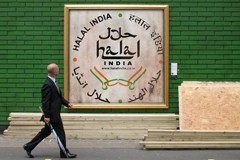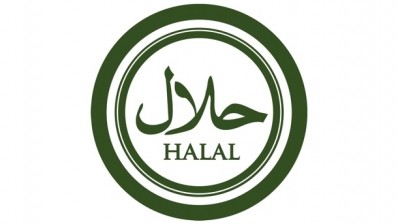Ankush at large
India’s halal story is one of missed opportunities

India’s second most significant religion is Islam, which accounts for 10.9% of the country’s ever-growing population. This pegs its behind Indonesia and, by a very thin margin, Pakistan when it comes to the number of Muslims among the population.
But given the numbers, I must admit that India has been really slow off the blocks when it comes to halal foods. How slow? With 22m Muslims, China has just one-eight of India's Islamic population. But China has still managed to play an effective role in the US$500bn export market for halal food. In late 2011, government leaders and importers from Arab countries implored China to produce more halal food to meet rising demand – and did so at a conference to which India was not even invited.
As the Halal India Management Board has noted in the recent past, the domestic market is largely untapped by investors and manufacturers due to unwarranted reservations, but still it is a huge market in numbers.
“There are more than 175m Muslims in India [accounting for] approximately 15% of total population, with a larger youth ratio, spread out across all states. Twenty districts have more than a 50% Muslim population, while 68 have more than 25% share of the total population,” it noted.
It has only been since 2012 that Indian brands have really woken up to the idea of halal and the market segment they had been overlooking. The last two years have been the most vibrant—it’s been a case of der aaye, par durust aaye (better late than never).
What has happened to this segment over these two or three years is the same as what has happened to the overall foods sector—slowing markets and competition between firms has forced their hand to innovate to widen their customer base.
It is abroad where Indian companies have been early movers—it is, after all, a US$600bn global game. FMCG major CavinKare got halal certification for its Ruchi brand of pickles to expand its footprint in Singapore, Malaysia and GCC.
Bikano, the sweets and the namkeen brand from Bikanervala Foods, has seen a 30% jump in soan papdi and cookie sales in the Malaysian market over the last one year thanks to halal certification—to which it attributes higher visibility on retail shelves.
Now, only if companies like these and others would wake up to the gold mine on offer at home.
Have your say: Do you agree with Ankush? Let us know in the box below.











